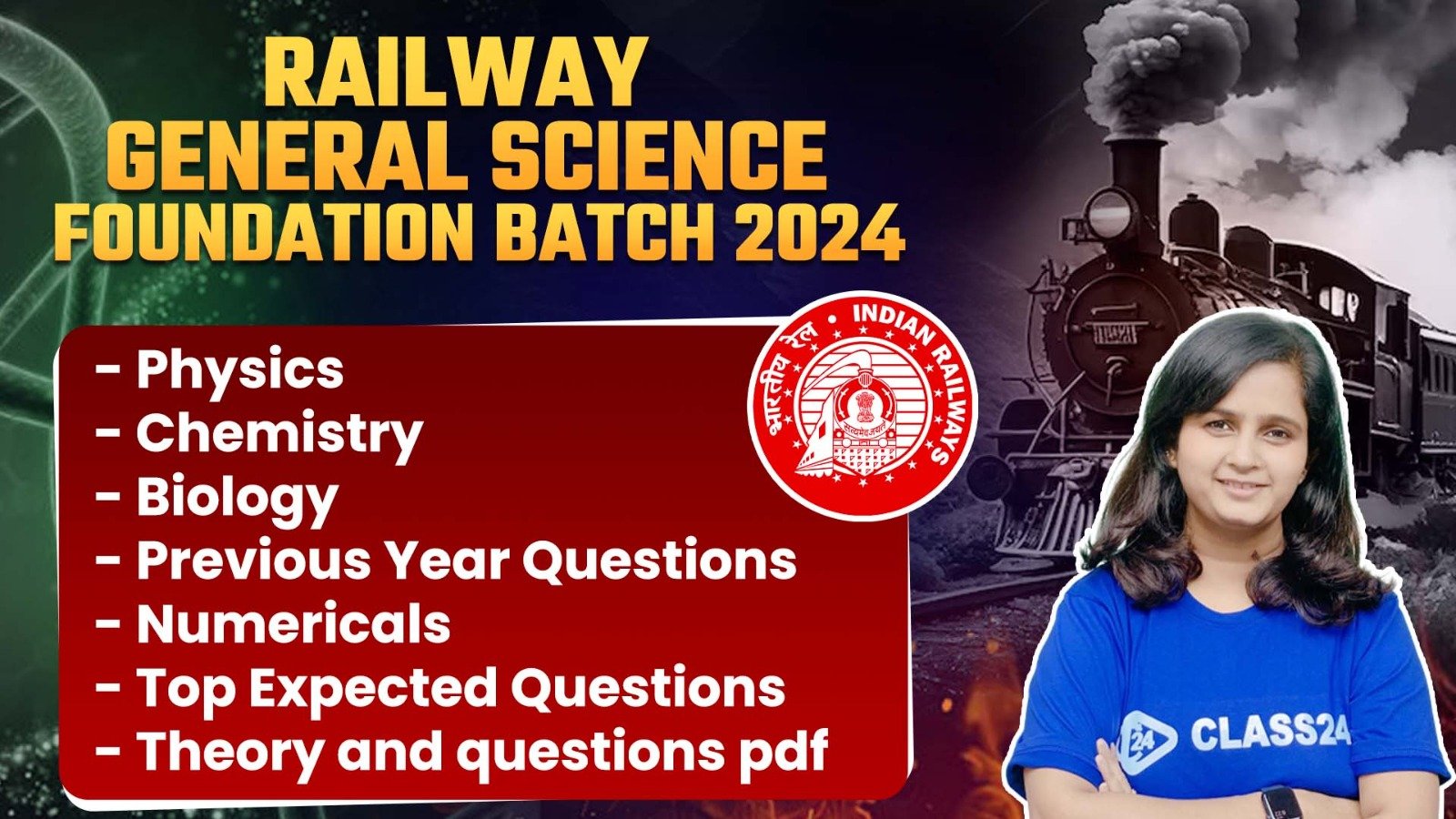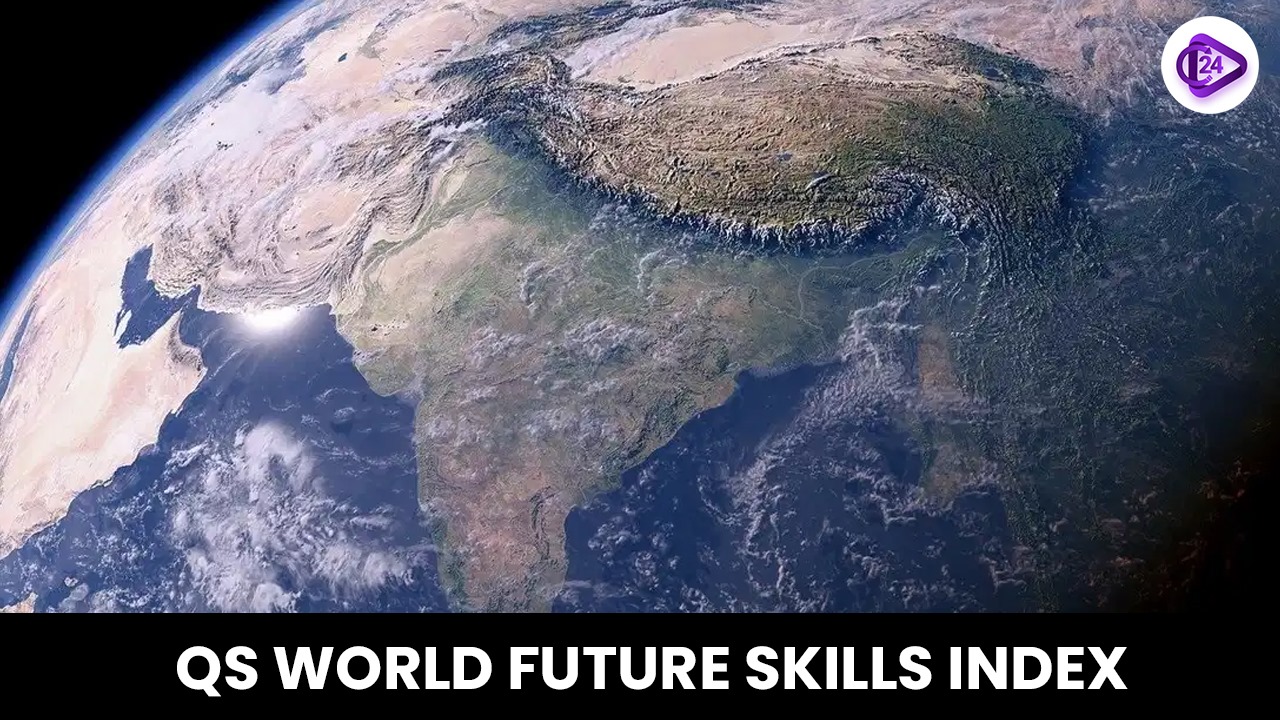
India ranks 25th in the QS World Future Skills Index, highlighting both the country's potential and challenges in preparing for future job market demands. While India holds a strong position in "Future of Work," ranking second only to the U.S., it faces significant challenges in areas such as economic transformation, green skills development, and skills gaps. The country must focus on higher education reforms, investment in innovation, and industry-academia collaboration to align skills with emerging global trends.
The QS World Future Skills Index measures readiness to match the anticipated global job market needs and enables governments to guide education to match skills to the future.
India's Overall Rank
Rank: 25th
- India is a future skills contender, presenting many promising opportunities, but the country has several barriers to overcome.
Comparison to Top Performers:
- Top 10 Countries: The primary countries for developing future skills include the US, UK, Germany, Australia, and Canada. These countries have been termed ‘future skills pioneers, ’ which means other nations should follow their leads.
India’s Rankings in Key Indicators
- Skills Fit: The lowest score among the leading 30 countries was 59.1, putting the United States at 37th. This reflected a gap between the supply of skills in the job market and the demand for such skills in the future job market.
- Academic Readiness: It was ranked 26 which suggests a moderate extent of congruence between the educational structure of India and the future employment requirements.
- Future of Work: India is ranked 2nd only after the United States. Overall, India’s job market is moderately ready to cater to the emerging requirements of digital, AI, and green talent. however, there is scope for improvement on the supply side, particularly regarding skills.
- Economic Transformation: Rated 40th yet beat everyone on the index scoring 100% on financial capacity. However much is lacking in innovation and sustainability. India has scored only 15.6/100 far below that of many G7 countries and others.
Challenges for Future Skills in India
- Green Readiness: India is not so prepared to go green as only 176th in the Environmental Performance Index. Although there is a growing trend in the demand for green jobs, India is not well equipped to provide for this need.
- Inadequate Investment and Innovation: Shortfalls in investment and innovation capability limit India’s growth to the extent of becoming a developed country.
- Skills Gaps: India has at least a medium level of challenges in skills development especially on the issue of how to instill and develop a culture of innovation and entrepreneurship among the youth graduates.
- Higher Education Reforms: India’s higher education institution fails to meet the dynamic society and economy requirements, which leads to an employability gap or skills gap between the graduates and organizational requirements.
Way Forward: Future Skills Development for India
- Invest in Green Skills Development: Calling for cooperation and coordination on the curricula and learning approaches it offers to the nation, India must ensure that it prepares for green skills that will be significant to productivity growth in the future.
- Higher Education Reforms: Thus, universities have to prioritize the implementation of creativity, problem-solving, and entrepreneurship skills to enable students to tackle future challenges.
- Collaboration Between Industry and Academia: Intersectorial closer collaborations between industries and universities are crucial to ensure that graduates meet market demands.
- Government Policy Intervention: Therefore, the government needs to formulate specific policies to develop such relentless top-up training programs to keep the workforce relevant consistently.
Conclusion
India must embark on various improvements in its education system and system in particular, and foster education and skills for the future economy. It is believed that this will improve India’s competitiveness in the global market and will help the nation to succeed today as well as in future changing job scenarios.



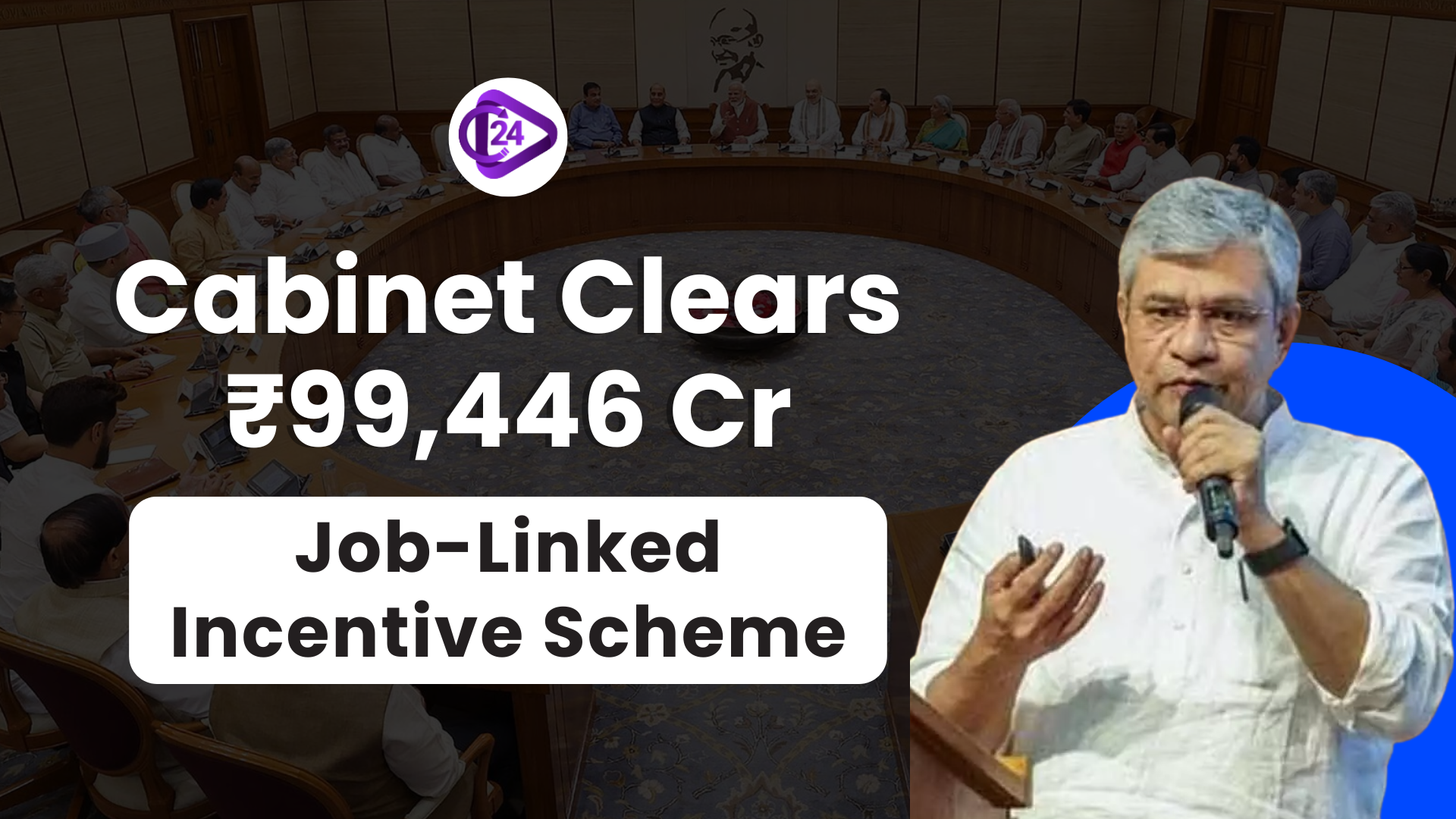 Cabinet Approves ₹99,446 Crore Employment-Linked Incentive Scheme
Cabinet Approves ₹99,446 Crore Employment-Linked Incentive Scheme Railway Fare Hikes Effective from July 1: 2 Paise per Km for AC, 1 Paise for Non-AC Travel
Railway Fare Hikes Effective from July 1: 2 Paise per Km for AC, 1 Paise for Non-AC Travel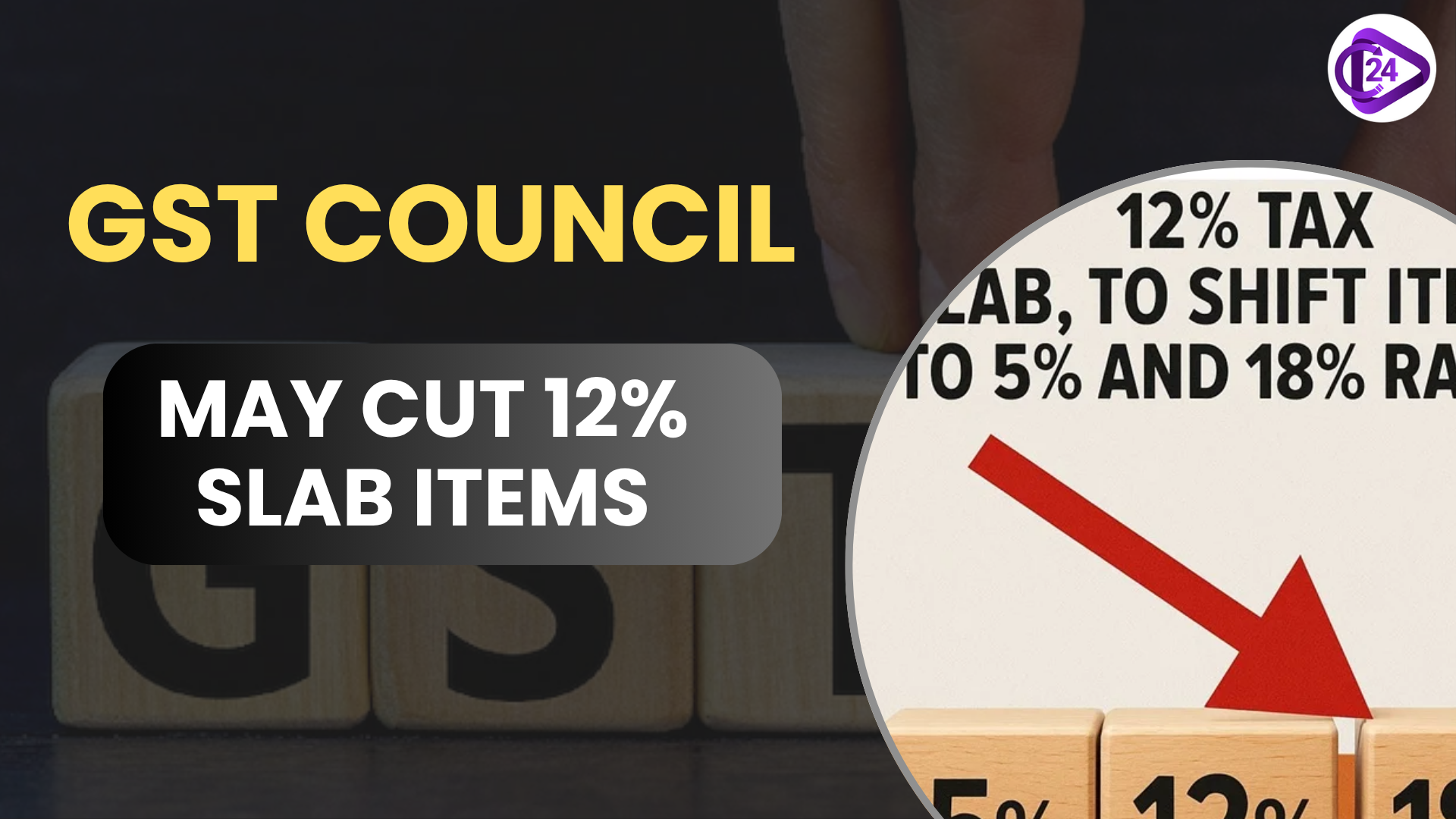 GST Council to Discuss Reducing Items in 12% Slab
GST Council to Discuss Reducing Items in 12% Slab MCA21 Portal: Streamlining Corporate Compliance in India
MCA21 Portal: Streamlining Corporate Compliance in India India’s Rice and Tea Exports Disrupted by Iran-Israel Conflict
India’s Rice and Tea Exports Disrupted by Iran-Israel Conflict India’s Trade Deficit Narrows to $6.6 Billion Amid Export Growth
India’s Trade Deficit Narrows to $6.6 Billion Amid Export Growth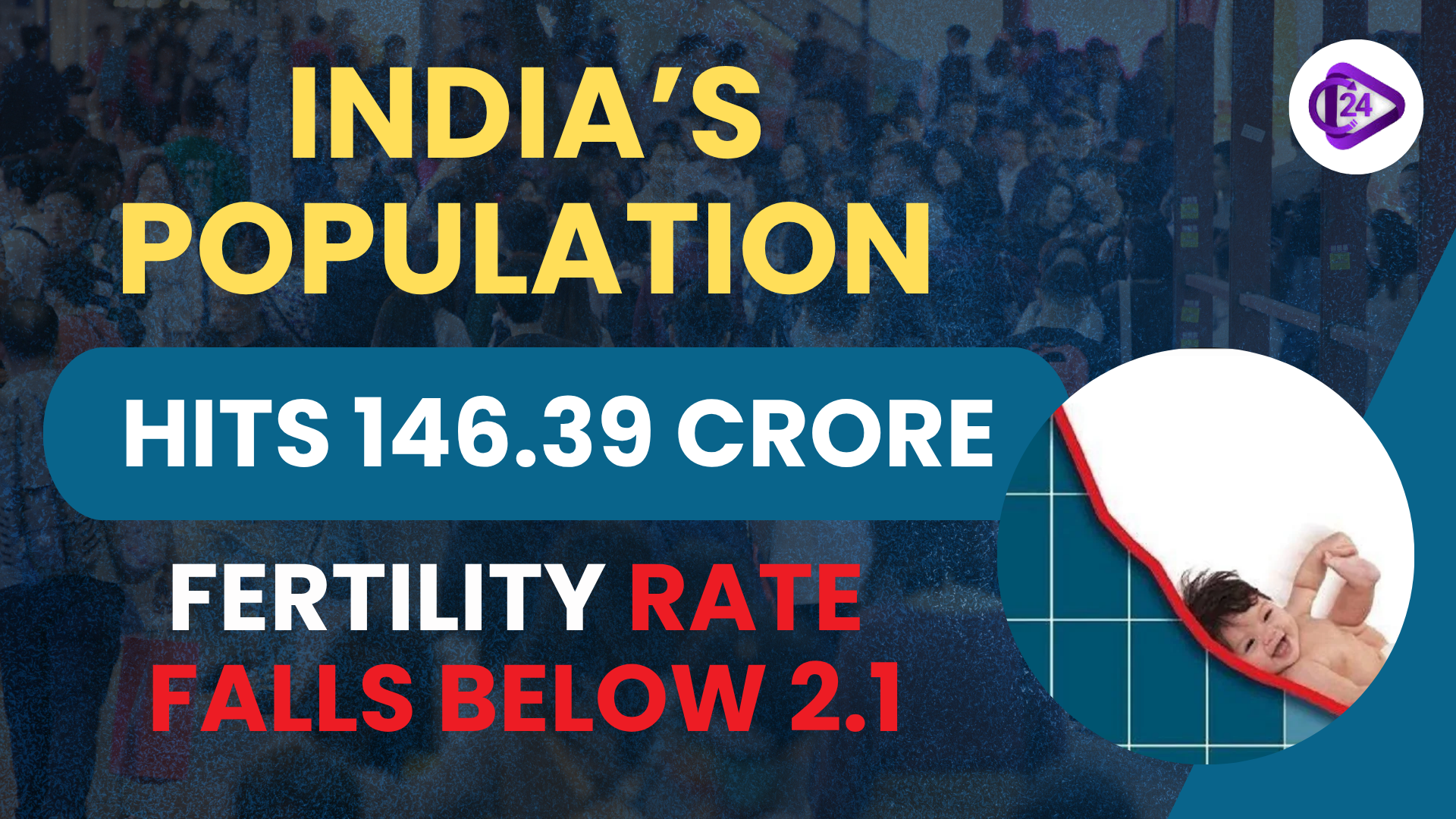 India’s Population Reaches 146.39 Crore, Fertility Rate Drops Below Replacement Level: UN Report
India’s Population Reaches 146.39 Crore, Fertility Rate Drops Below Replacement Level: UN Report QCI Commemorates World Accreditation Day 2025 and Launches Revamped NABL Portal
QCI Commemorates World Accreditation Day 2025 and Launches Revamped NABL Portal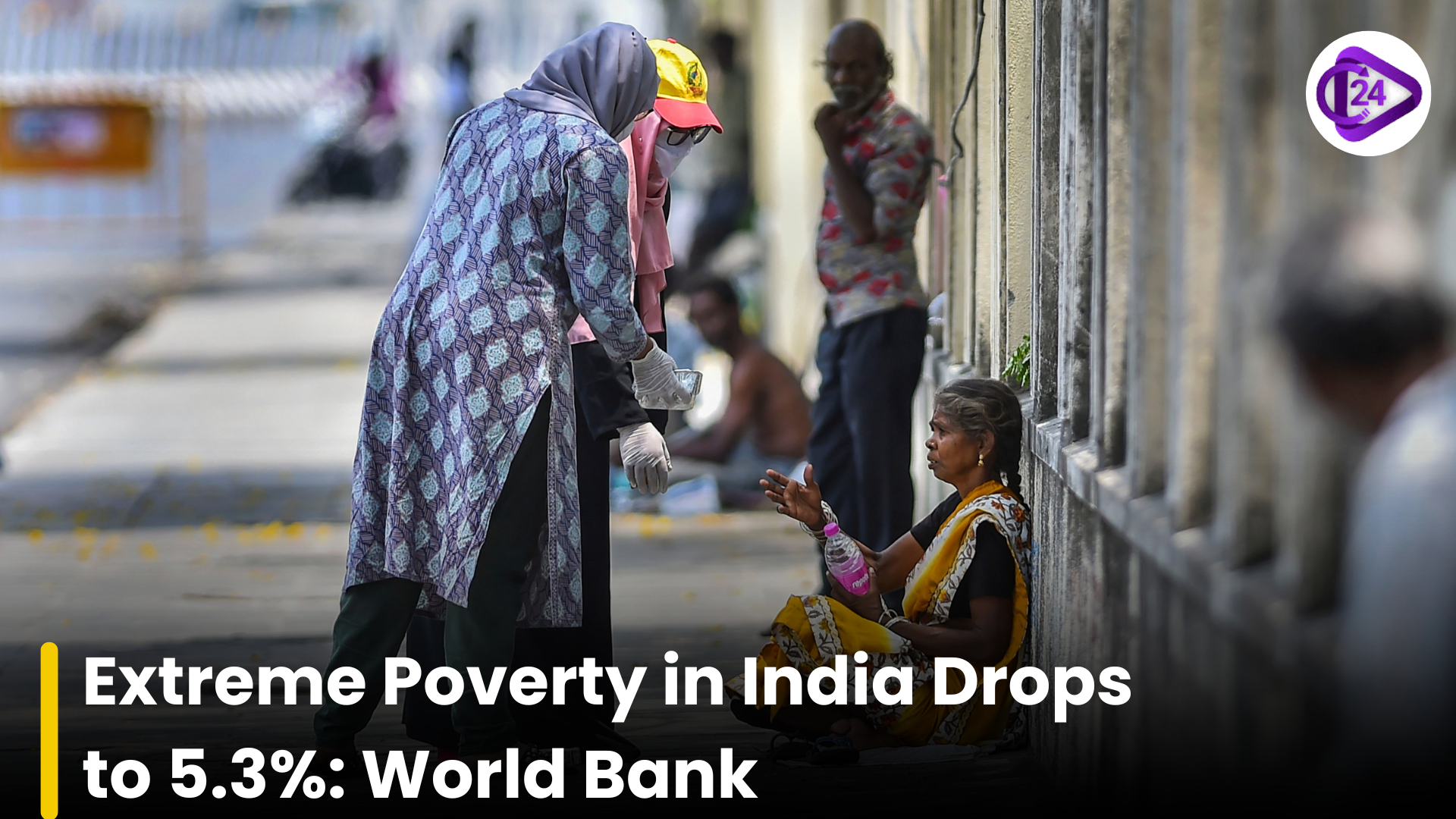 Extreme Poverty in India Falls to 5.3% in 2022–23: World Bank Report
Extreme Poverty in India Falls to 5.3% in 2022–23: World Bank Report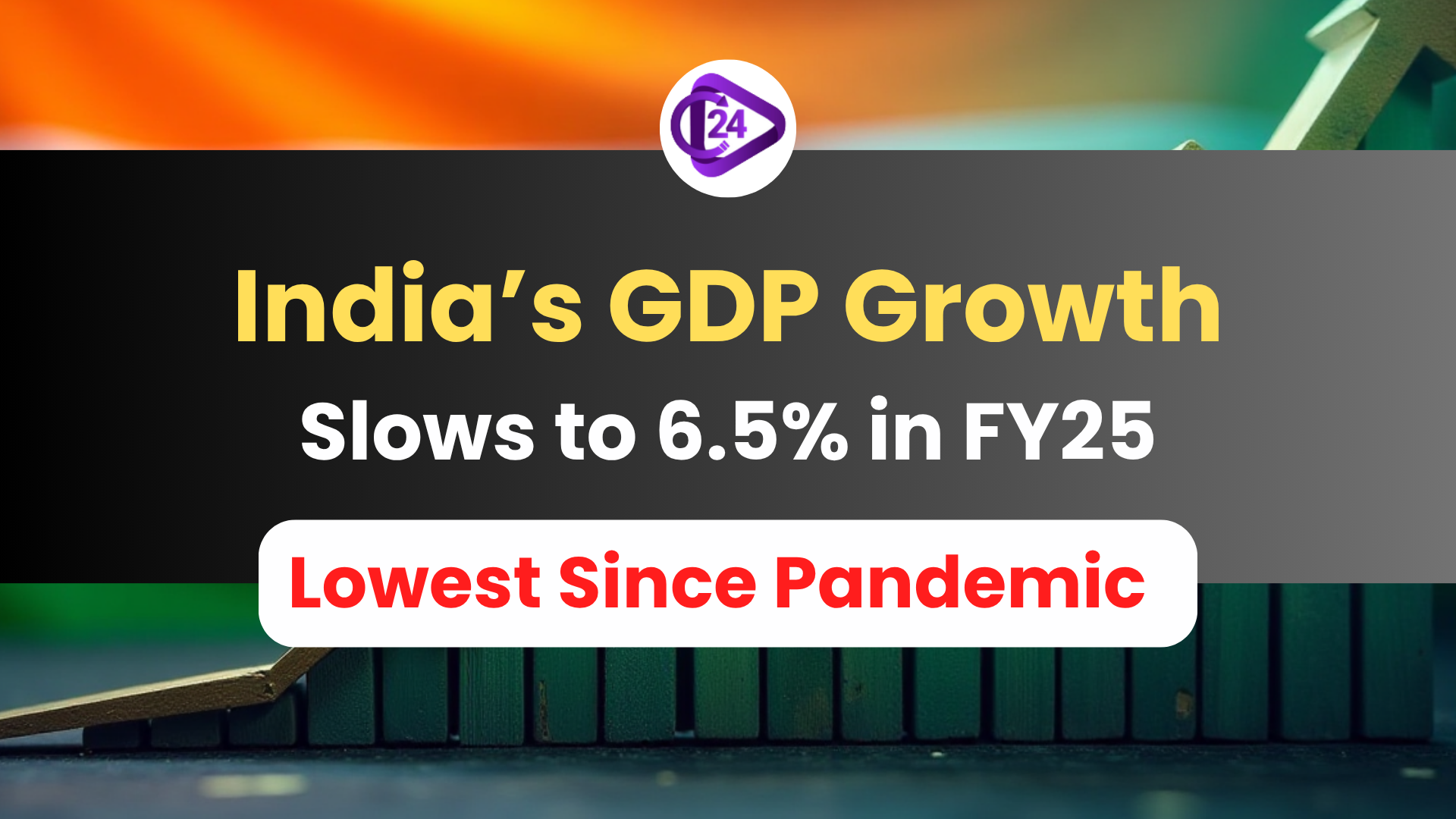 India’s GDP growth drops to 6.5% in 2024-25, slowest since the pandemic
India’s GDP growth drops to 6.5% in 2024-25, slowest since the pandemic




